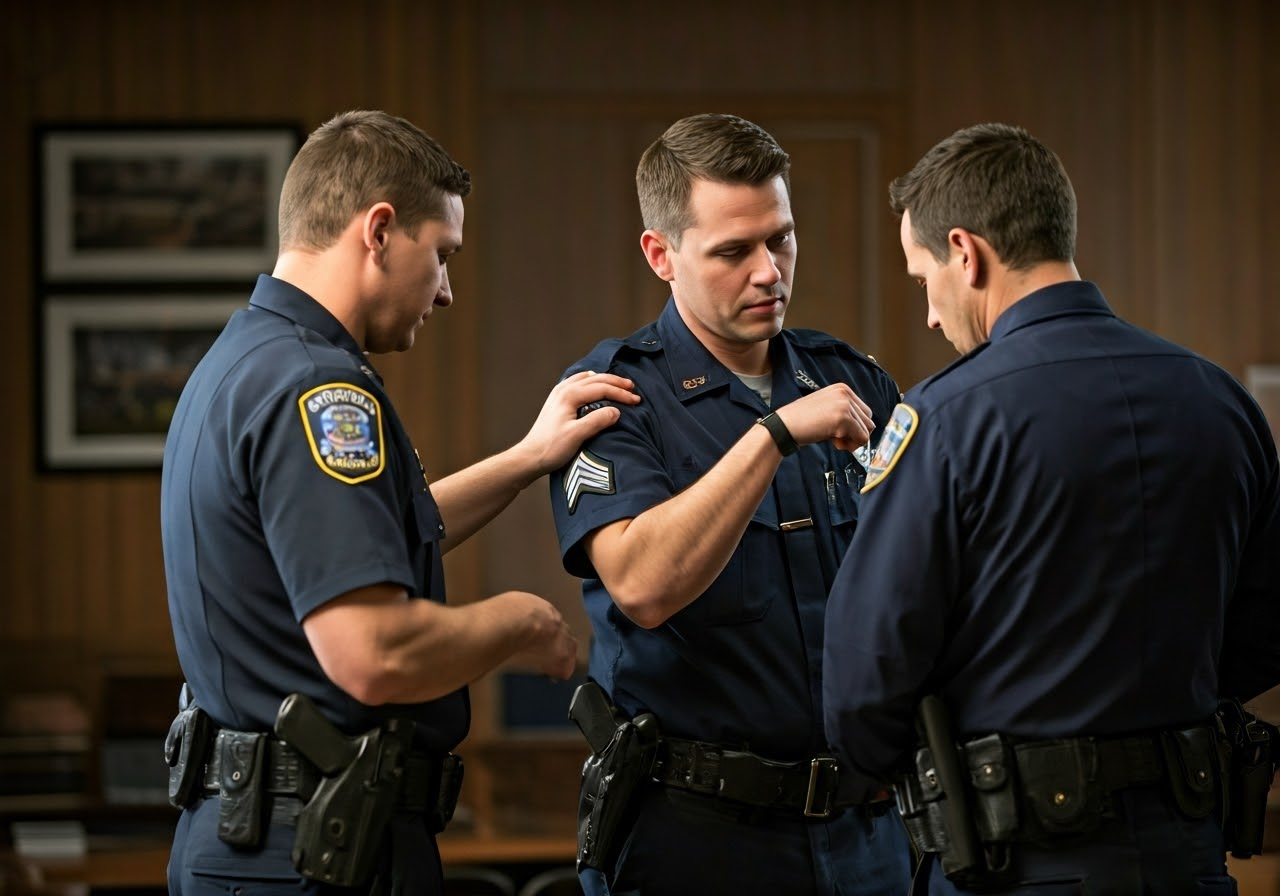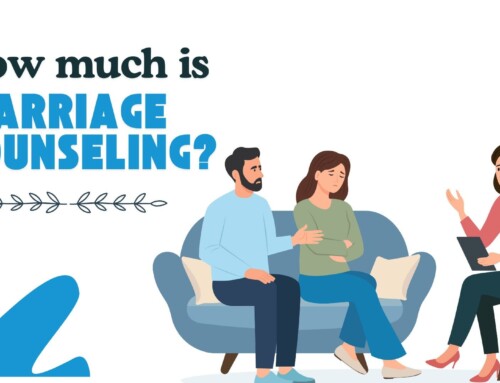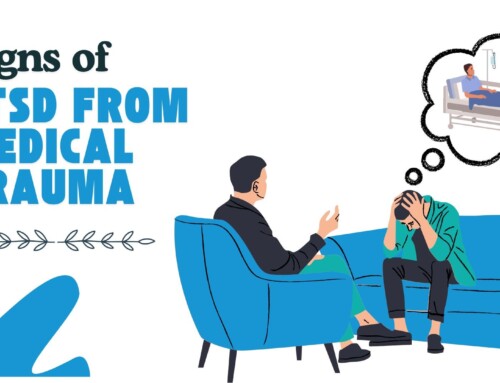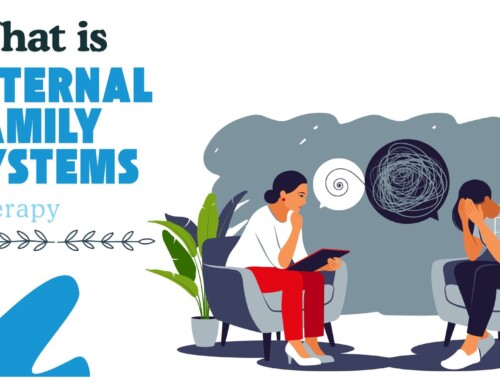First Responders: Effective Strategies for PTSD Treatment
Post-Traumatic Stress Disorder (PTSD) is a significant mental health issue among first responders, including law enforcement officers (LEOs), firefighters (FFs), emergency medical services technicians (EMTs) and paramedics. These professionals face unique occupational hazards that expose them to repeated trauma, placing them at a much higher risk for PTSD compared to the general population. This essay explores the prevalence of PTSD among first responders, its causes, symptoms, and effective treatment strategies.
What are the different types of first responders and their roles?
First responders in the United States include firefighters, police officers, and emergency medical technicians (EMTs) who often have received certification in their respective fields. Firefighters tackle fires and rescue operations, police officers maintain order and ensure public safety, while EMTs provide medical care in emergencies, often risking their own lives to save others. Each plays a crucial role in responding to crises effectively and ensuring community safety during critical situations.
Prevalence of PTSD Among First Responders
First responders experience PTSD at rates significantly higher than the general population. Studies estimate that 15% to 30% of first responders develop PTSD, compared to approximately 6.8% in the general population2,3. Specific prevalence rates vary by profession:
This elevated risk stems from their frequent exposure to traumatic events, such as accidents, violence, natural disasters, and life-threatening situations. Moreover, the cumulative effect of repeated trauma exacerbates their vulnerability2,8.
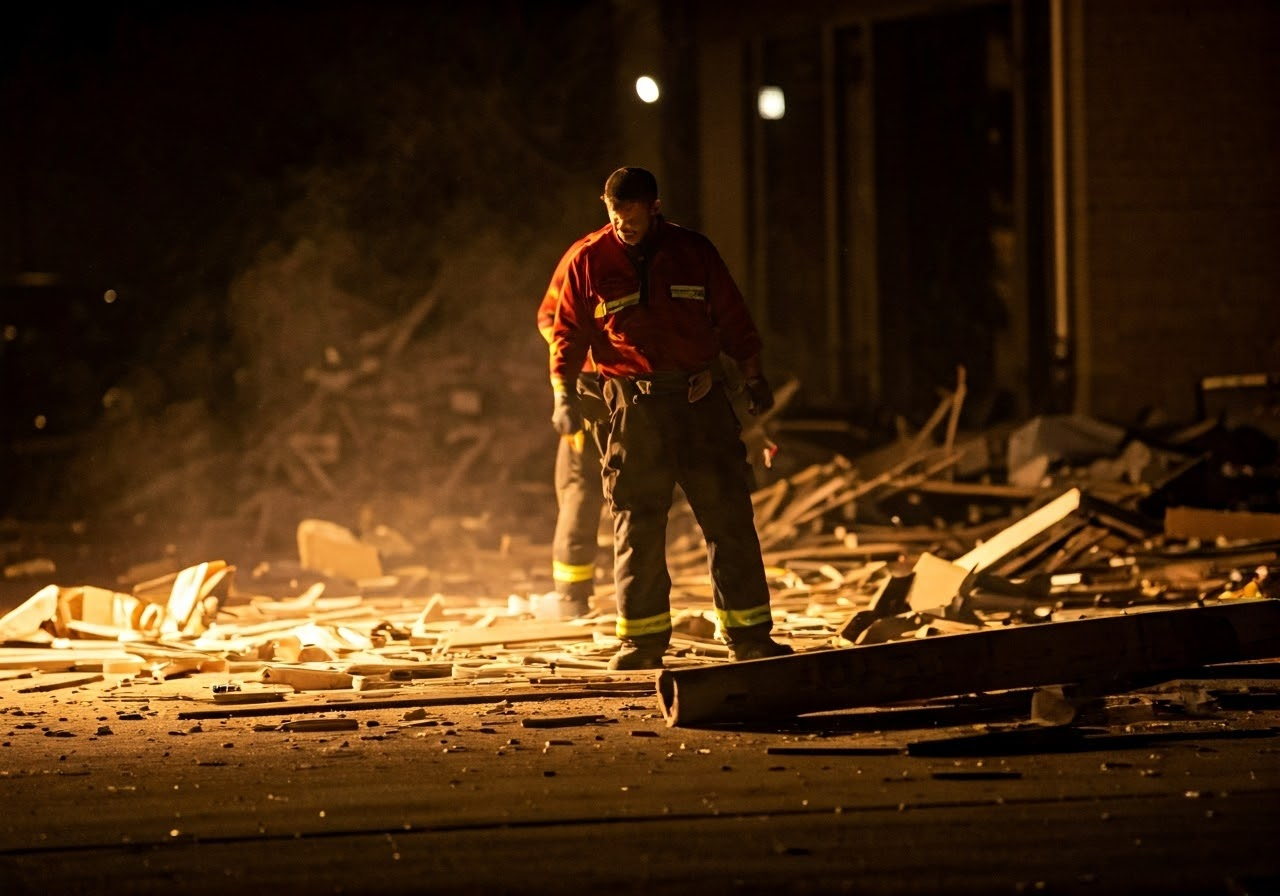
Causes of PTSD in First Responders
Several factors contribute to the high prevalence of PTSD among first responders:
- Exposure to Traumatic Events: Witnessing injuries, death, and destruction regularly can be deeply distressing2.
- High-Stress Situations: The job often demands quick decision-making under intense pressure2.
- Personal Danger: Facing life-threatening situations increases emotional strain2.
- Lack of Support: Insufficient emotional or mental health support can hinder recovery2.
- Sleep Deprivation: Long shifts and irregular hours disrupt sleep patterns, worsening mental health2.
- Stigma Around Mental Health: Fear of judgment or being perceived as weak may prevent first responders from seeking help2,6.
Symptoms of PTSD in First Responders
PTSD symptoms in first responders often differ from those seen in civilians. They frequently report:
- Emotional numbing and detachment
- Diminished interest in activities
- Suppressed anger
- Depression
- Relationship difficulties4.
These dysphoric symptoms can lead to functional impairments, poor treatment outcomes, and increased suicide risk4,9. Additionally, substance abuse, such as alcohol misuse, is prevalent among this group as a coping mechanism4.
Treatment Strategies
Effective treatment for PTSD in first responders requires tailored approaches that address their unique challenges. Key strategies include:
Psychotherapy
- Cognitive Behavioral Therapy (CBT): Helps individuals process traumatic memories and develop healthier coping mechanisms.
- Eye Movement Desensitization and Reprocessing (EMDR): Proven effective for reducing trauma-related symptoms by rewiring neural pathways5,7.
- Exposure Therapy: Gradual exposure to trauma-related stimuli helps reduce avoidance behaviors9.
- Mindfulness-Based Stress Reduction (MBSR): Techniques like meditation and deep breathing improve emotional regulation and reduce stress levels7.
Medication
Antidepressants and anti-anxiety medications are often prescribed to manage symptoms such as depression, anxiety, and sleep disturbances5.
Holistic Approaches
Complementary therapies like CranioSacral Therapy (CST) promote relaxation and stress reduction. These methods can be integrated with traditional treatments for enhanced outcomes6.
Innovative Therapies
Virtual reality exposure therapy has shown promise as a short-term intervention for first responders by simulating traumatic events in a controlled environment to facilitate desensitization9.
Supporting First Responders
In addition to clinical treatments, broader support systems are essential:
- Encouraging open conversations about mental health reduces stigma.
- Providing financial assistance for therapies not covered by insurance ensures accessibility.
- Building peer support networks fosters community understanding and resilience6.
Conclusion
First responders play a vital role in society but face significant mental health challenges due to their exposure to trauma incurred in the line of duty. Addressing PTSD among this population requires recognition of their unique experiences and tailored interventions that combine psychotherapy, medication, holistic approaches, and community support. By prioritizing their mental health care and demonstrating an unwavering commitment to their well-being, society can ensure these brave individuals receive the help they need to recover and continue serving their communities effectively.
Reference List
- Harvard Review of Psychiatry. (n.d.). Conceptualization, assessment, and treatment of traumatic stress. Retrieved from https://pmc.ncbi.nlm.nih.gov/articles/PMC666/
- Virtual CBT Psychotherapy. (n.d.). PTSD and first responders: Signs, tips, and treatment options. Retrieved from https://virtualcbt.ca/therapy-blog/ptsd-and-first-responders
- Relief Mental Health. (n.d.). First responders and mental health: How we can support our heroes. Retrieved from https://reliefmh.com/blog/first-responders-and-mental-health
- European Journal of Psychotraumatology. (n.d.). The nature of posttraumatic stress disorder in treatment-seeking first responders. Retrieved from https://pmc.ncbi.nlm.nih.gov/articles/PMC877/
- Compassion Behavioral Health. (n.d.). PTSD in first responders: Causes, symptoms, and treatment. Retrieved from https://compassionbehavioralhealth.com/ptsd-in-first-responders
- Association for Integrated Healing. (n.d.). PTSD help for first responders. Retrieved from
- Recovery Ways. (n.d.). First responders & trauma: The benefits of rewiring neuropathways via therapy. Retrieved from https://recoveryways.com/rehab-blog/first-responders-trauma
- International Journal of Environmental Research and Public Health. (n.d.). A scoping review on the prevalence and determinants of posttraumatic stress disorder among first responders. Retrieved from https://pmc.ncbi.nlm.nih.gov/articles/PMC888/
- Frontiers in Psychology. (n.d.). Virtual-reality exposure treatment for first responder PTSD. Retrieved from https://frontiersin.org/journals/virtual-reality-treatment
Filed in: Updates
Share This Story, Choose Your Platform!
Total Life Counseling Center consists of Licensed Counselors, masters level therapists, Español counselors, Licensed Mental Health Counselors, business coaches, and image enhancement coaches who provide counseling for emotional, mental, physical and spiritual care including marriage, individual, family, substance abuse and more. TLC’s family, trauma and marriage experts have been interviewed on National and Local TV/Radio over 200 times for their expert advice on Fox News, OWN, WETV, ABC’s Medical Minute and more. Our skilled counselors are relational, approachable and specialists providing therapy services in the Central Florida area including: Orlando, Winter Park, MetroWest, Windermere, Dr. Phillips, East Orlando, Lake Mary, and Clermont, Boca Raton Florida, and Dallas, TX.

